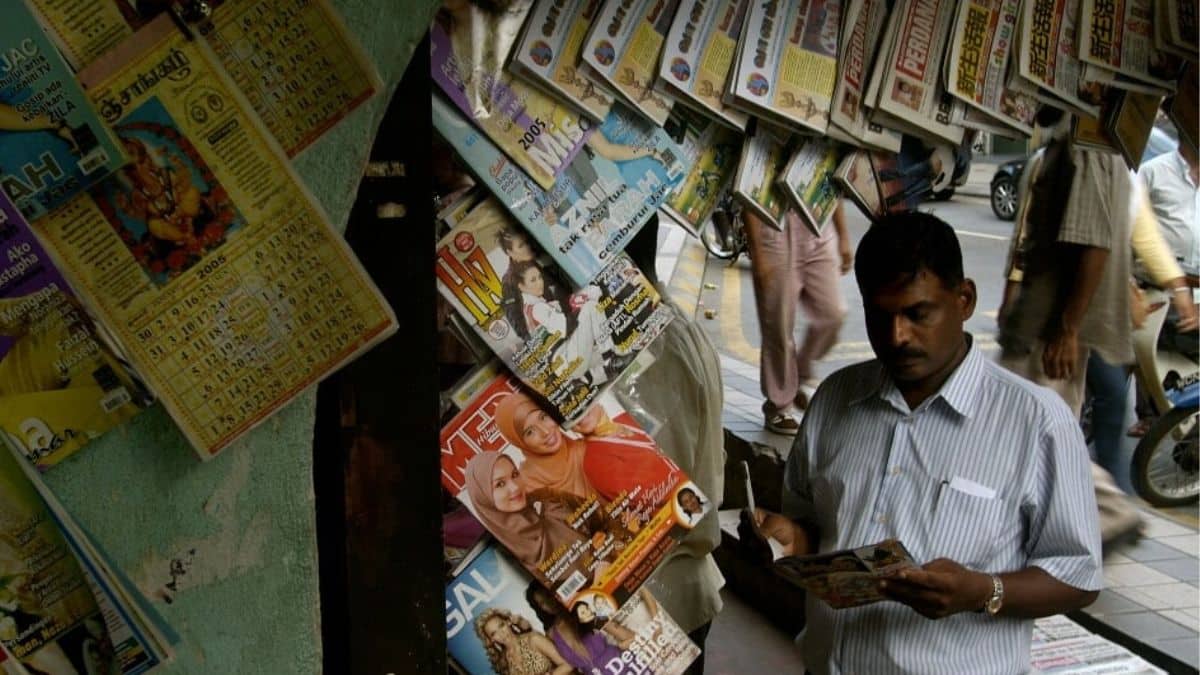In a collective plea to hasten legal reforms, several Malaysian civil society organizations (CSOs) are urging the government to address concerns related to freedom of expression laws, which have reportedly been increasingly enforced over the past year. The organizations express apprehension that the recent Cabinet reshuffle announced by Prime Minister Anwar Ibrahim may further impede the progress of promised reforms.
Since the formation of the unity government slightly over a year ago, laws such as the Sedition Act and the Communications and Multimedia Act have continued to be enforced, contrary to the promises made by the Pakatan Harapan (PH) coalition during the 15th general elections in November of the previous year. PH, now part of the unity government along with Barisan Nasional and Borneo-based parties, pledged to repeal these laws.
Reports released by CSOs highlight a significant increase in the usage of these laws compared to the previous year, with some instances doubling. The concern is not only about the continued enforcement but also about the government’s failure to fulfil its commitment to creating a more open and democratic society.
The Centre for Independent Journalism (CIJ) released a report on December 10, stating that there has been insufficient progress in freedom of expression one year after the unity government was formed. The report highlights the continued use of Section 233 of the Communications and Multimedia Act, which criminalizes the improper use of network facilities, as well as an increase in cases under the Sedition Act and the Printing Presses and Publications Act 1984 (PPPA).
The CIJ report points out that despite PH’s promising election manifesto, the Madani framework introduced after the government’s formation placed less emphasis on these promises. The lack of substantial reforms to address historical limitations on freedom of expression is deemed a “cause for concern” by the CIJ.
Charges under the Sedition Act include prominent figures like Kedah Chief Minister Muhammad Sanusi Mohd Nor and Bersatu Information Chief Razali Idris. The report highlights instances where the Sedition Act was used to charge individuals for remarks against rulers and claims about government control.
The PPPA, enacted at least seven times this year, has seen five bans, including the prohibition of books and the Swatch Pride watch collection. The CIJ report underscores the government’s backpedalling on the narrative of the adequacy of existing laws in addressing sensitive matters related to race, religion, and royalty.
A separate report by the human rights organization Suara Rakyat Malaysia (Suaram) on December 8 emphasizes a significant regression in freedom of expression. Despite engagement with stakeholders, the political will for substantive reforms to the Sedition Act and the Communications and Multimedia Act remains uncertain.
Lawmakers, including Prime Minister Anwar, are cited as justifying the continued application of the Sedition Act based on national security and stability. Suaram also notes the widespread use of Section 233 of the Communications and Multimedia Act to address fake news, with examples of arrests and remands for online criticism.
In light of these reports, the CSOs are urgently calling for reforms to create a legal environment that protects diverse voices and opinions deemed essential for a vibrant democracy. The government faces growing scrutiny over its commitment to fostering an open and democratic society, with concerns lingering about the impact of the recent Cabinet reshuffle on the pace of reforms. As the debate over the necessity of these laws continues, the future of freedom of expression in Malaysia remains a pressing concern for civil society.

